
Five unusual Hong Kong water sports you should try this summer
Bored of swimming? Try cooling off instead in some fun, unconventional ways during Hong Kong’s hottest months – and make some friends while you’re at it
As the weather heats up in Hong Kong, there’s no better way to cool off than to head to the beach or a pool. But if you’re bored with swimming, or just want to try something different, then we have the ultimate water-based sports list for you. So cool down, meet some new people and test your skills at these five unusual activities that you may not have considered trying before.
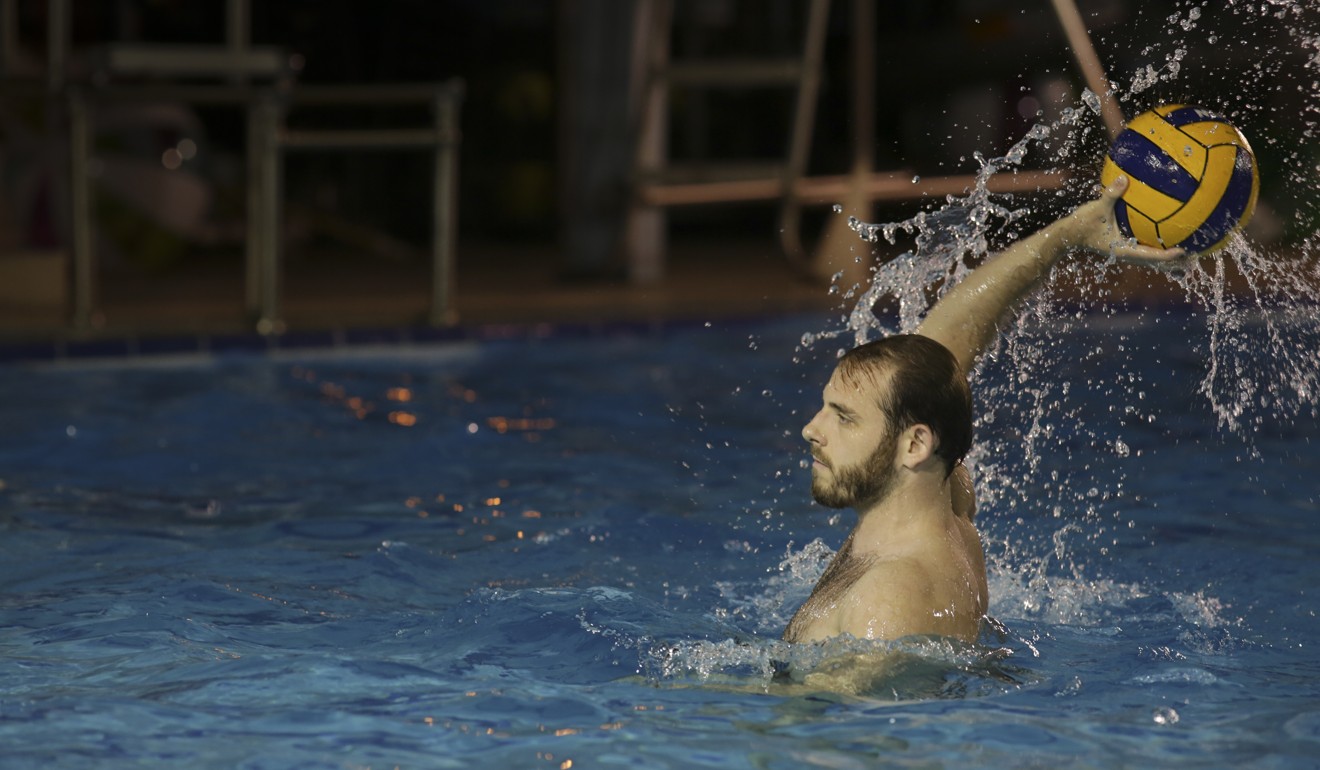
Water polo
If you’re looking for a water sport that tests your strength and stamina while having fun doing it, then beach water polo is for you.
Water polo is a competitive contact sport played between two teams in a pool or the sea. Combining the speed of swimming and the strength of shooting with the occasional tussle, it’s undoubtedly a strenuous workout.
“It’s tiring but it’s the best exercise you can fit into an hour,” says Doug Woo, founder of Hong Kong Beach Water Polo. Established in 2010, the club is run by volunteers and is made up of men and women from varying levels of the sport.

“Seven years ago we started jumping into different places in the ocean … and it kind of grew from there,” Woo says. “We are open to all levels. We are just people who want to have fun.”
The social club trains twice a week: once at Island School’s pool in Mid-Levels, and the other – with the help of a blow-up portable goal set – at different beaches around the island, including Deep Water Bay.
“Hong Kong is the perfect place to play water polo because a lot of people swim. There’s a lot of ocean here,” Woo says.
On top of training, the group holds a social Friday night competition (generally followed by a drink at a nearby bar). It also runs the annual International Hong Kong Beach Water Polo Tournament, taking place this year at Repulse Bay on October 28 and 29.
“We started [five years ago] with seven teams and now we are up to 20 teams,” Woo says. “We’ve had Hungarian teams, German teams and Asia-Pacific teams.”
Where: Island School, Mid-Levels; alternating beaches
When: Thursdays 7.30pm-9pm (Island School); Saturdays 3pm-5pm (beaches)
Cost: HK$50 per session for adults, HK$20 for students; or HK$2,000 for full year
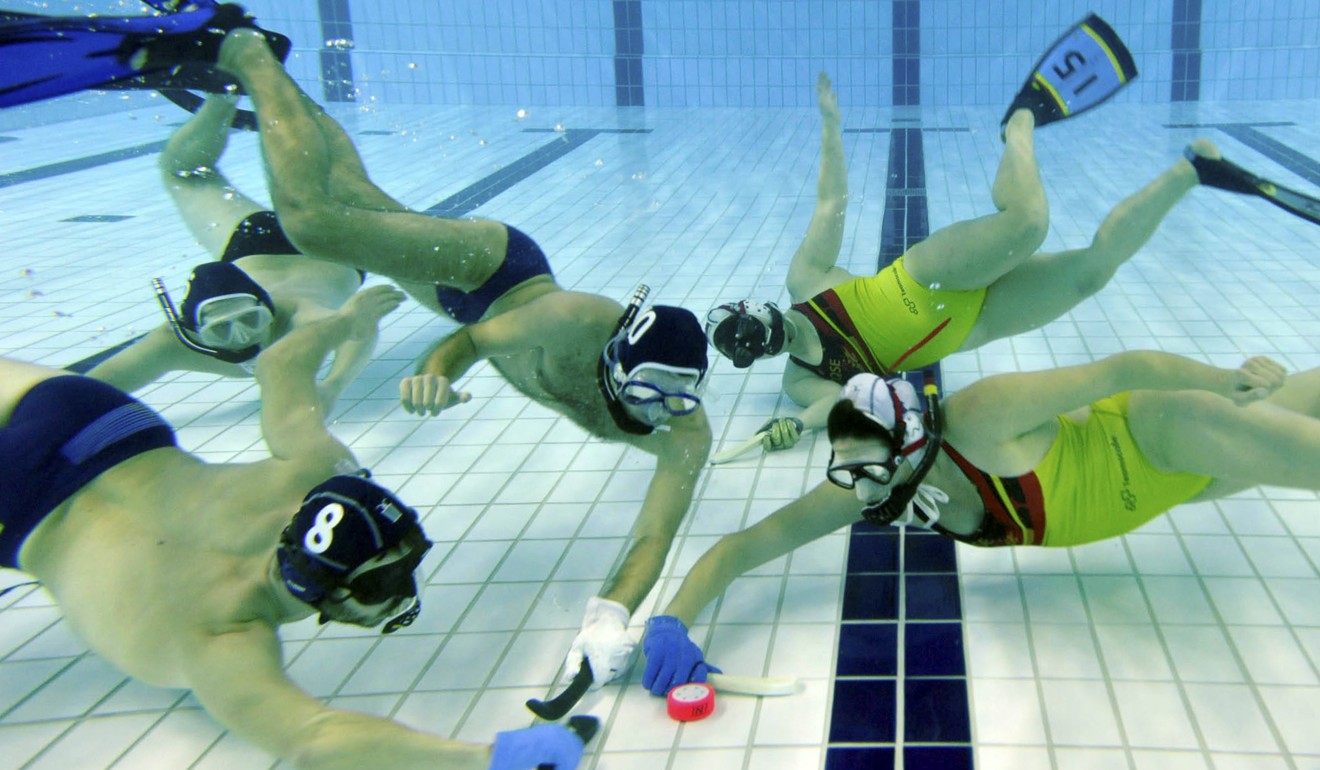
Underwater hockey
It may not look like much from above, but it’s below the surface where the action takes place.
There are moves that you can’t possibly do on land and you will discover muscles that you seldom use.
Underwater hockey is a non-contact sport in which two teams compete for a puck at the bottom of a deep swimming pool, trying to score goals against the opponent. Players don’t wear air tanks, or hold a long stick (as in field hockey), but are equipped with fins, mask, snorkel, glove and a short stick. It’s a relatively new sport in Hong Kong, although it’s been played around the globe for decades.
Henry Chan founded the Hong Kong Underwater Hockey Association in 2015 after having played the sport while at university in the US. “It’s a 3D sport … You not only have to go forwards and backwards, left to right, but also up and down for breathing and playing,” he says. “Also there’s no verbal communication underwater. You really have to know and trust your teammates and learn to co-operate and play the puck as a team.”
The association takes to the pool twice a week and is open to anyone who can swim freestyle (if you have snorkelled before, that’s a bonus). In the heat of summer, this is a great sport for meeting new friends, and staying fit and cool.
“There are moves that you can’t possibly do on land and you will discover muscles that you seldom use,” Chan says. “The freedom and calmness you feel underwater is amazing.”
Where: Island School, Mid-Levels
When: Wednesdays 7.30-9.30pm; Saturdays 10am-12pm
Cost: HK$150 per session for adults, HK$100 for students
Wakesurfing
You have probably heard of wakeboarding, but what about wakesurfing – one of the latest water sport crazes to hit the beaches of Hong Kong?
Like wakeboarding, the rider trails behind the speed boat’s wake using a tow rope. Unlike wakeboarding, after the rider gets up on the board, he or she lets go of the rope, instead using the boat’s wake to continuously propel forwards, surfing the small wave. Also unlike wakeboarding, riders are not strapped onto the board, instead standing freely, like surfing.
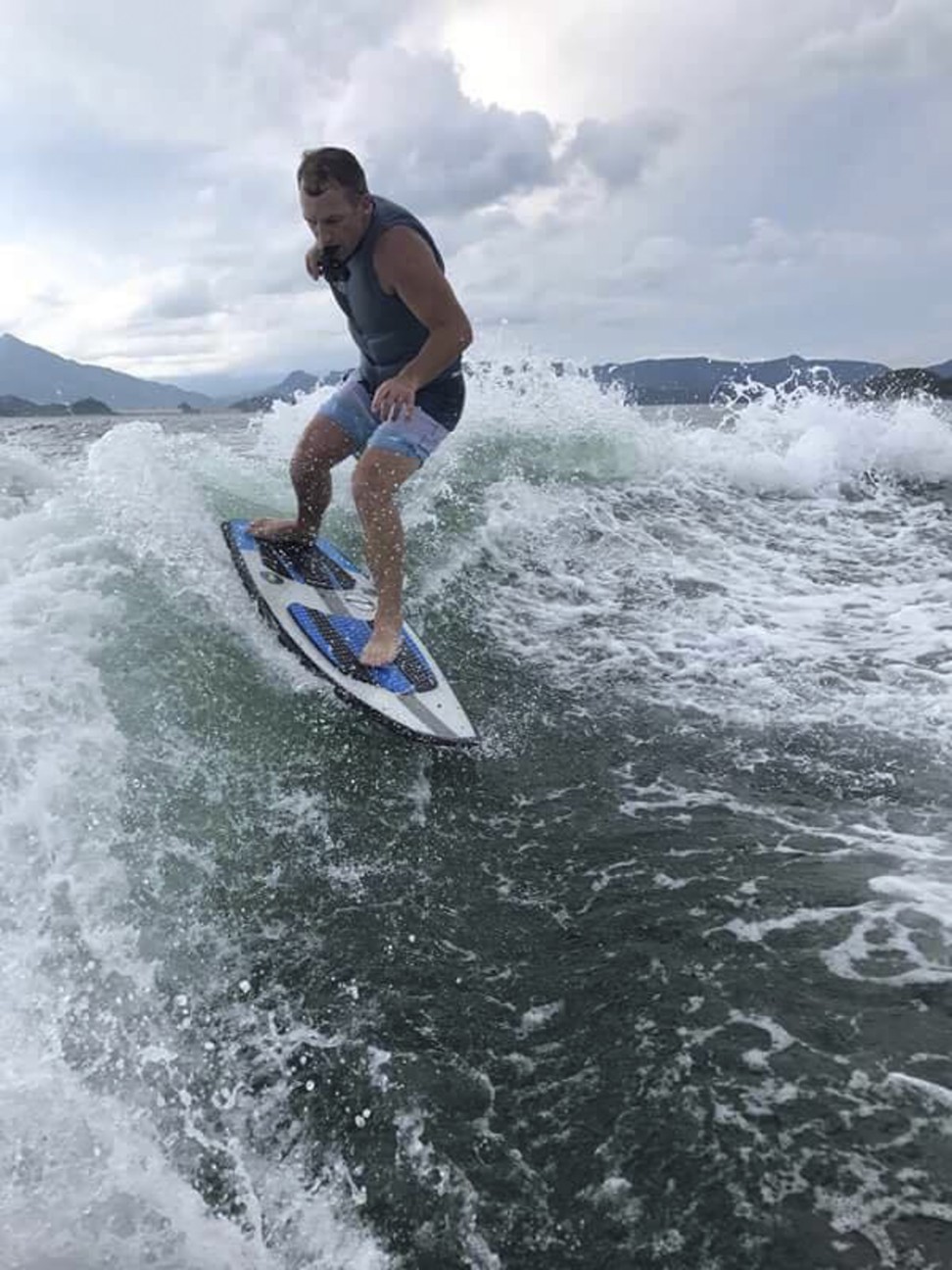
Carrie Chan, from Wakesurf and Wakeboard Hong Kong, says wakesurfing has been more popular than wakeboarding this summer. “People love to post their photos on Instagram and Facebook to get likes, and wakesurfing is a good for taking photos, because wakeboarding is too far away from the boat,” she says.
The kiteboarders of Hong Kong - where they get airborne and the instructors who give them a push
Wakesurfing out at Tai Tam, Chan says riders can stay on their boards for 10 to 20 minutes, but that most people fall off sooner when they start practising tricks. “The most popular trick is 360,” she says, referring to a complete spin.
Despite how hard it may look, Chan says it’s easier to pick up wakesurfing than boarding.
Where: Tai Tam
Cost: HK$900 per hour (includes coaching, boat hire, gear)
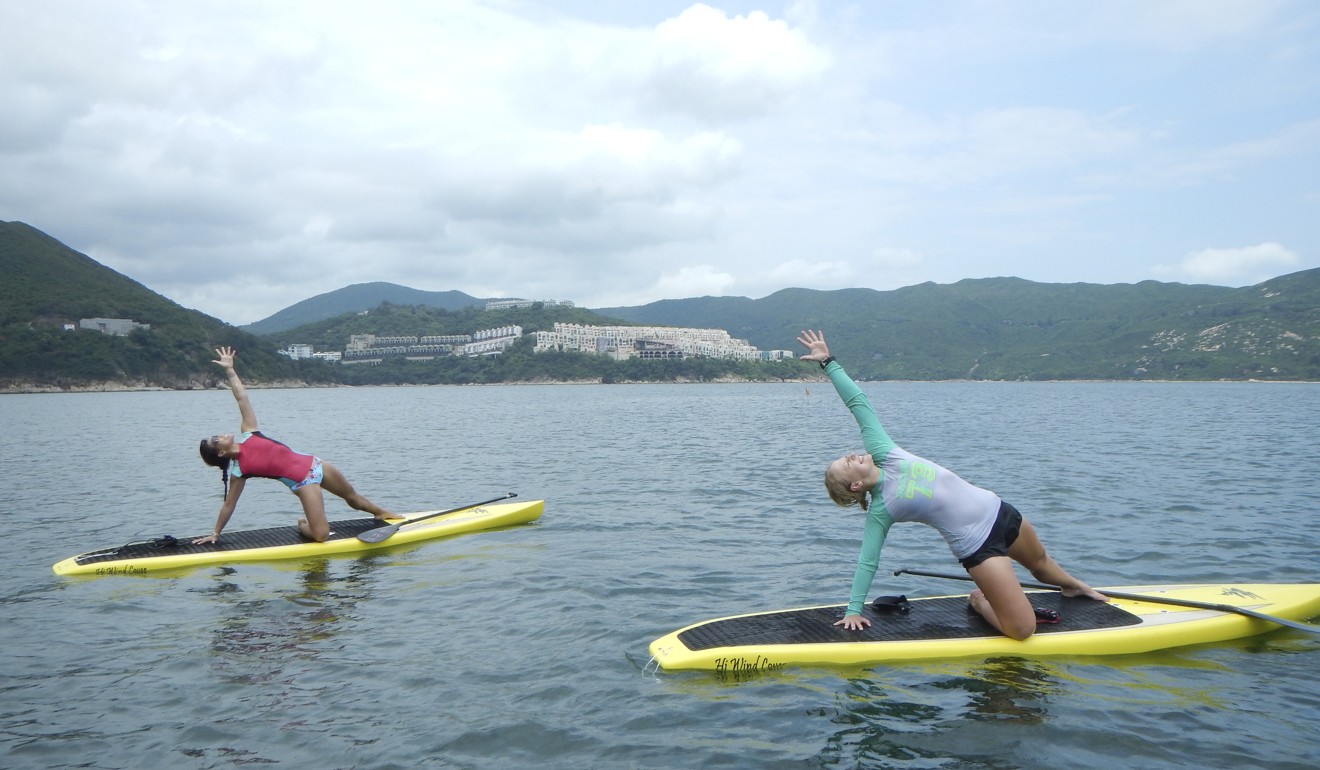
Stand-up paddleboard yoga
If you want to step away from the city and connect your mind and body with nature, look no further than stand-up paddleboard (SUP) yoga. As the name suggests, this activity involves yoga classes held atop paddleboards on a body of water – and Hong Kong’s multitude of beaches provide plenty of potential.
It connects you to the elements and gives you space. That’s a big win seeing as we live in the city.
Dee Cheung co-founded SUP Yoga Hong Kong five years ago after she realised there was a lack of places to practise. She says her and business partner Nadine Bubner knew they were onto something when they starting teaching and all the spaces sold out almost immediately.
Participants don’t need any prior yoga or paddleboard experience to participate, just a love of the outdoors and no fear of getting wet. Instructors take out groups of eight into the water at Stanley.
“It connects you to the elements and gives you space. That’s a big win seeing as we live in the city,” Cheung says.
Paddleboard yoga plus spinning makes Hong Kong dad fit to keep up with his kids
Once the yogis have paddled out to their destination, the group will either use sandbag anchors or connect to a large floating hub to ensure they don’t float away.
“You definitely have to balance and you have to use your small muscles to do so. As long as you’re open to falling, then you will be fine,” Cheung says.
Where: Stanley
Cost: HK$500 per 90-minute session
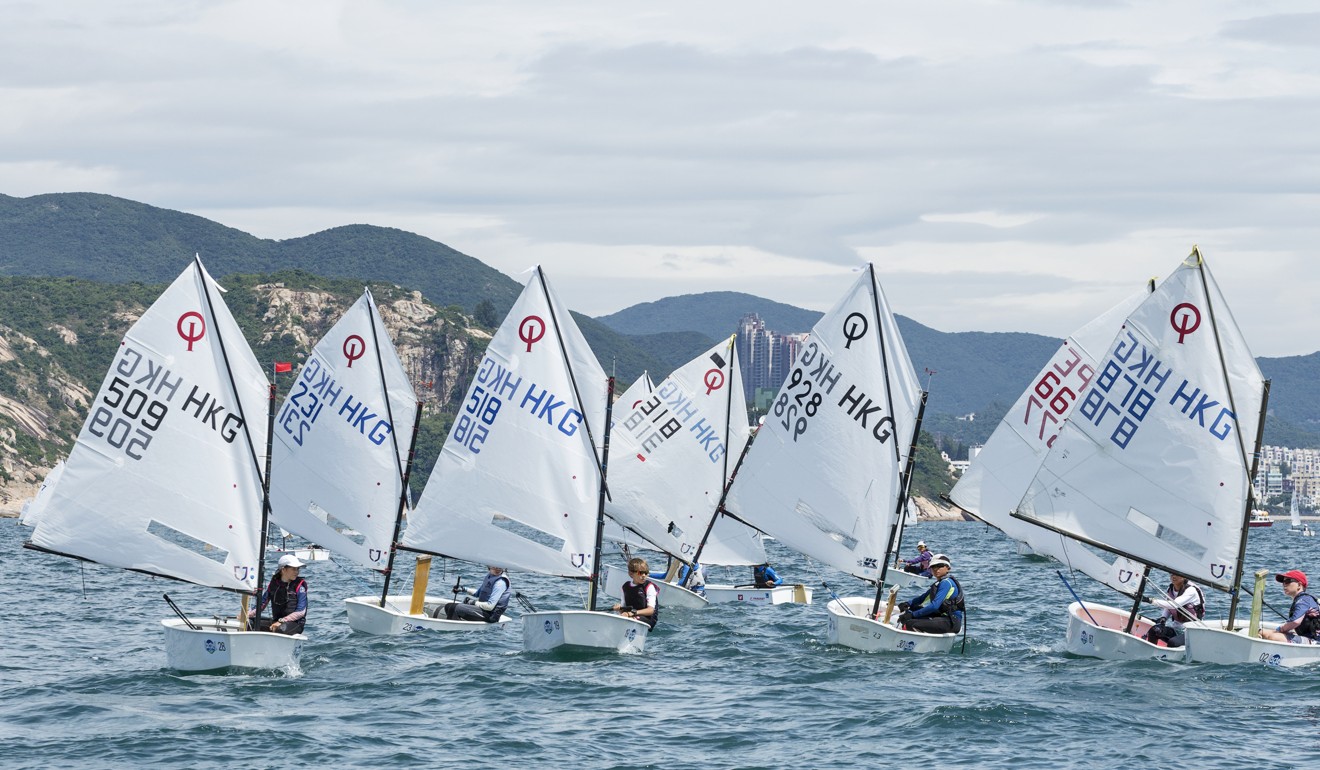
Dinghy sailing
This one is for kids who don’t want to actually enter the water this summer – how about being on it instead with dinghy sailing?
Kids can learn how to sail small boats for fun in a sheltered environment. There are many clubs they can join around Hong Kong, with three main yacht clubs and up to six sailing associations that offer some form of dinghy training.
Christine Lau from the Hong Kong Optimist Dinghy Association says there are many different types of dingy classes kids can join, from entry-level fun training to competing in international regattas. Kids at Lau’s association range from eight to 15 years of age.
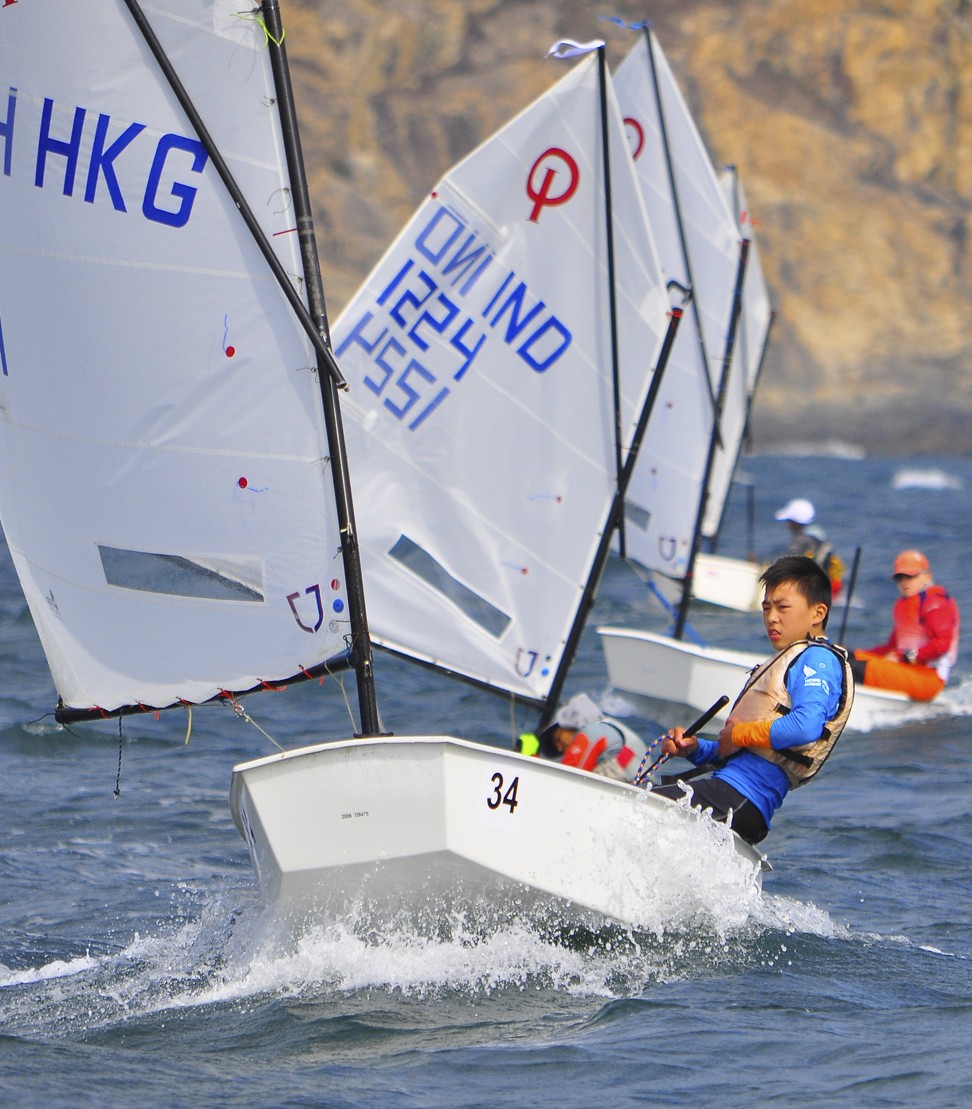
“They learn independence; you have to prepare your own boat and after sailing you have to clean it, wash it and tidy up,” Lau says. “They also learn teamwork – even though you sail by yourself, you have a team training together … And there are other benefits, like learning about navigation.”
Currently, Lau says, there are about 100 young sailors that compete in local regattas, but any keen novices are welcome to go along to learn the ropes at their fun Saturday sessions. For three hours on the weekend, kids can learn about sailing before going out on the water for about an hour.
Where: Hebe Haven Yacht Club, Sai Kung
When: Saturdays 10am-1pm or 2pm-5pm
Cost: HK$3,675 membership fee for the Saturday entry level sailing programme

